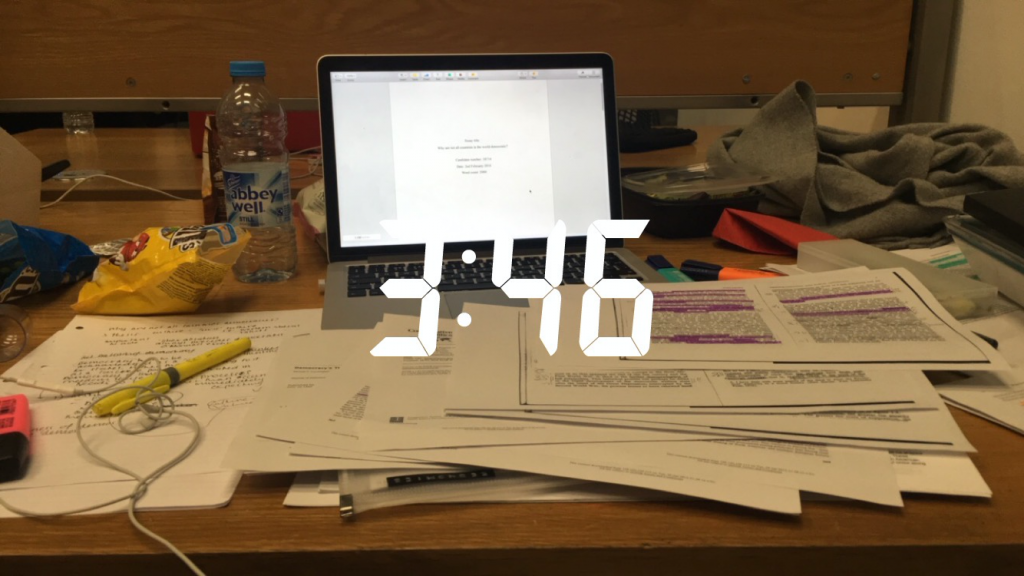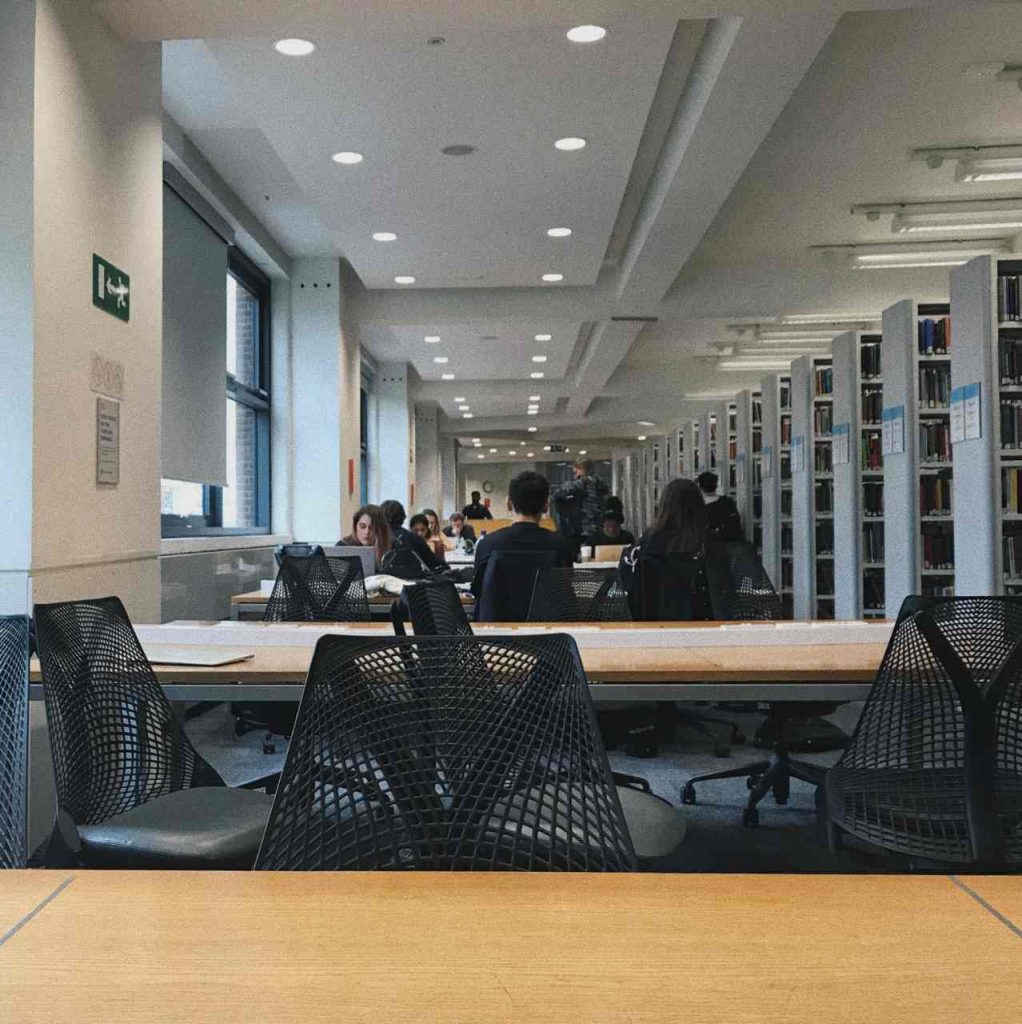Posted by Thuy Vu, BSc Politics and International Relations Graduate, Class of 2018. Marketing Coordinator at LSE.
Having been born and raised in London, when I received my offer from LSE in 2015, I was in a predicament, debating whether to move into student halls or commute. Ultimately, I opted for the latter, staying at home with my family and commuting to LSE.
Just to preface, my commute to LSE is shorter than some of my fellow LSE friends. My commute on a really good day, meaning all my trains arrived as soon as I got to the platform, + I didn’t have to wait for the next train because of rush hour commute + no red signals, was 25 minutes. But on other days, it could take me roughly 35-40 minutes too.
Here are my top tips and advice:
Prepare yourself for rush hour mayhem.
If you have 9am classes, good luck! The saying “packed in like sardines” accurately depicts my commute especially when I am on the Central Line to Holborn. Alternatively if possible, I would recommend using the District Line to Temple as it’s a) air-conditioned, and b) significantly quieter than the Central or Piccadilly Lines. You can think of it as preparation for post-graduation if you choose a 9-5 job! I would avoid afternoon rush hour by doing readings in the library or taking a walk in the direction of home.
Join societies!
FOMO (fear of missing out) is a big concern for many potential commuters. Hence, I would recommend joining societies and clubs. I am guilty of this, but I found myself leaving campus as soon as my classes ended for the day. However, by joining societies and clubs it structures your week, encourages you to complete extra readings in between classes and events, and gives you the opportunity to really get involved and feel part of the LSE community.
Separate your workspace from your bedroom.
Scientists argue it is conducive to maintaining “sleep hygiene”, practices and habits to maximise your sleep. (Division of Sleep Medicine at Harvard Medical School, 2007). By keeping a distinction between work and relaxation, it enables your brain to associate your bedroom as a space of relaxation and all things non-work related, which in turn, will increase your productivity and the quality of your sleep too. Like most flats in London, you might be limited with space, share a bedroom, or your desk is in your bedroom. If any of this is the case, I would recommend:
a) facing your desk towards a wall/window so you are not distracted by your cosy bed or tempted by a cheeky nap!
b) use a curtain or screen so there’s a physical barrier!
c) create habits when you wake up and when you’re about to sleep, this can include little things like making your bed and opening the curtains in the morning; and reading a book, or avoiding sitting at your desk an hour or more before going to bed.
d) and of course, you can always study elsewhere, like the LSE Library, which is open 24/7 from Lent Term. I would also occasionally study at a local cafe or library which really boosted my productivity.


Since you’ll be saving money, it enables you to pursue other interests!
In addition to the Maintenance Loan, you could also potentially be a recipient of an LSE Bursary, which is means-tested upon your household income; and pick up a part-time job for some extra income. In my second and third year at LSE, I was an Ambassador and Mentor, and I also had a part-time retail job. It not only enabled me to pursue my interests of travelling and exploring London’s food and restaurant scene, but it also provided me with structure throughout the week, and developed my time management skills.

Alternatively, you could move out your first year, and move back home after. At LSE, there are also Accommodation Bursaries which are available for first year UK nationals from lower income households. Many of my friends did this in order to ease their mind about settling into LSE and making friends, and for a new experience and challenge. (Although keep in mind, it might be an adjustment for you to move back home too).





